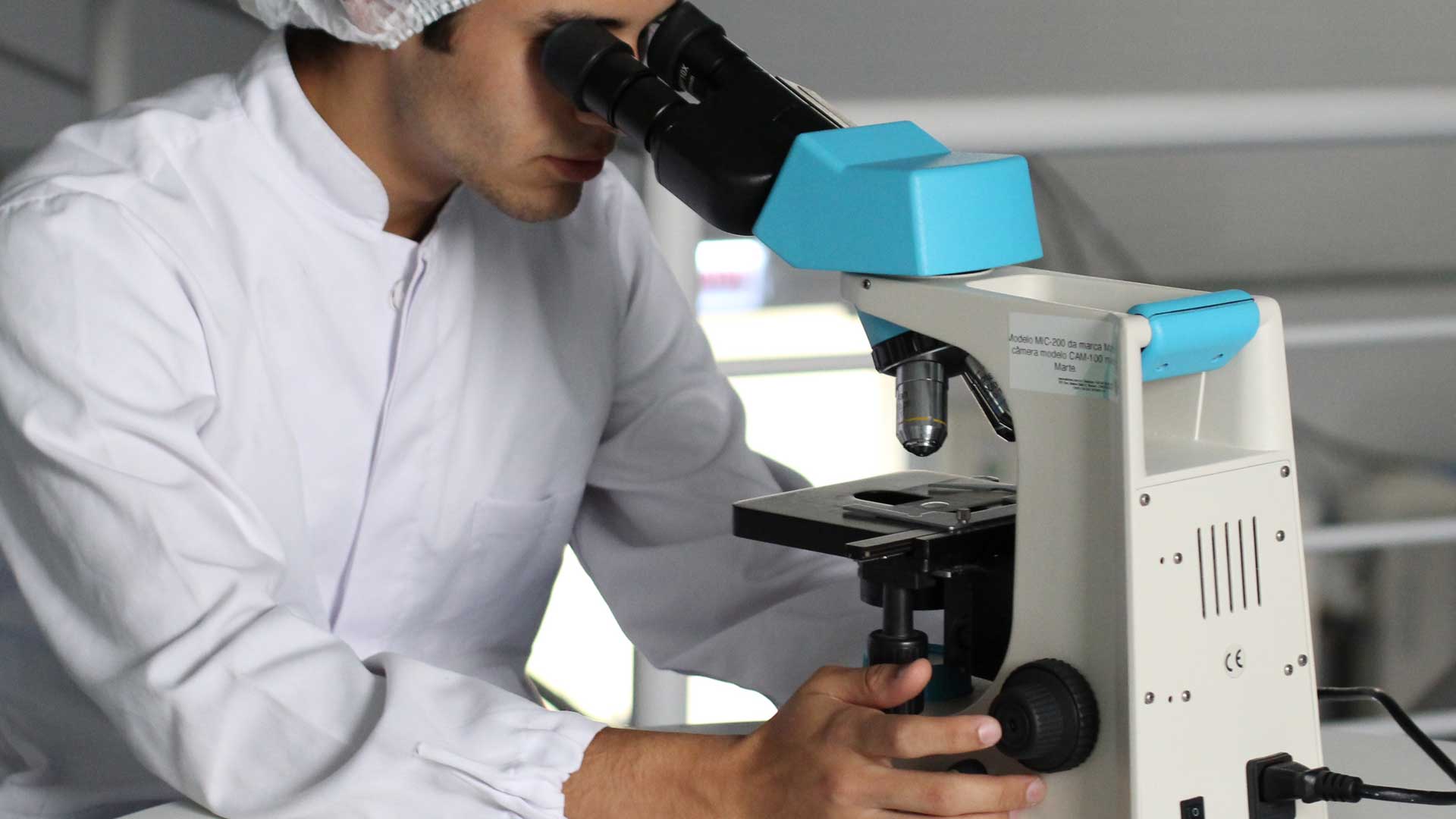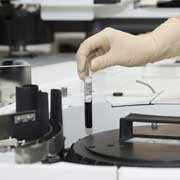
State-of-the-art science lab for A-level and BTEC students

State-of-the-art science lab
For A-level and BTEC students
The new ‘super lab’ is a first at a UK university and will give young scientists in the region the opportunity to study DNA analysis, microbiology, chemical synthesis and forensics using cutting-edge facilities
YOUNG scientists throughout the region will receive a massive boost to their A-level and BTEC studies when the University of Huddersfield opens a superbly-equipped laboratory specifically for the use of schools and colleges.
It will be the first time that a UK university has created a lab for this purpose and it will mean that sixth-formers and their teachers have ready access to advanced equipment enabling them to carry out practical work in areas such as DNA analysis, microbiology, chemical synthesis and forensics.
The special lab will be available to schools and colleges within a 60-mile radius of Huddersfield, and already the town’s own sixth-form colleges are excited by the prospect.
Under construction at the University is an £18.2 million science block, with facilities that include “super labs” capable of accommodating up to 120 undergraduate students, simultaneously carrying out practical work for their degree courses. Biology, chemistry, forensics and geography are the main subjects using the new laboratories and a new course in optometry is under development, helping to address a national shortage of experts in an increasingly important branch of healthcare.
The four-storey building will be ready by July 2019, and the first cohort of students will begin using the labs in the following September.
When the new science block was being planned, University Vice-Chancellor Professor Bob Cryan and the Dean of the School of Applied Sciences, Professor Jane Owen-Lynch, conceived and developed the concept of a floor that was dedicated to liaison with schools and colleges. Soon it was incorporated into the design.
“We already have a lot of colleges coming to us for practical work as we run practicals designed to complement A-level and BTEC science curricula, but currently we can’t offer the full spectrum. The new development will give us the space to do so,” said Professor Owen-Lynch.
“They will have access to, for example polymerase chain reaction machines, so they will be able to analyse DNA and will be able to carry out microbiological techniques and equipment that schools are generally unable to provide. Chemistry students will be able to do a lot more chromatography, synthesis and reactions,” she added.
The new science block will be connected to the University of Huddersfield’s Joseph Priestley Building – home to the School of Applied Sciences – that has itself been given an £8.3 million makeover.
More News
Tutor wins Young Chemical Engineer of the Year
Dr Daniel Belton won the award for his key role in establishing a popular degree course in the subject at the University
Scientists to explore the Chinese tea Kombucha
The University’s Applied Microbiology Team will examine the properties behind LA Brewery’s kombucha tea
Gel the answer to 3D bioprinting of body tissue
Scientists discover that fluid gel can overcome the problems of bioprinters replicating softer human tissues